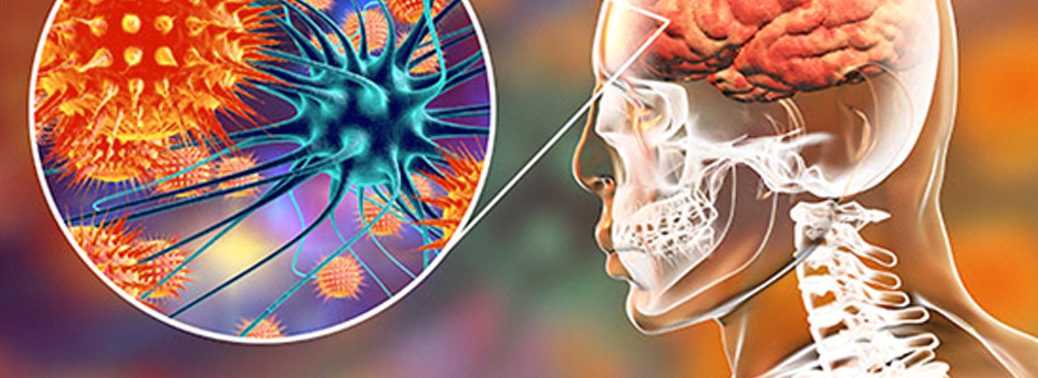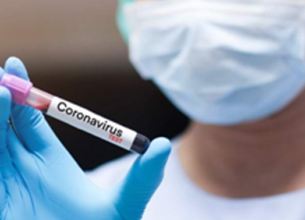ACUTE ENCEPHALITIS SYNDROME (AES)
01, Apr 2020

Prelims level : Medicine and Pharmaceuticals
Mains level : GS-III Awareness in the fields of IT, Space, Computers, Robotics, Nano-Technology, Bio-Technology and Issues Relating to Intellectual Property Rights.
Context:
- Recently, the Acute Encephalitis Syndrome (AES) returns in Bihar as toddler dies in Muzaffarpur.
About AES:
- It is a basket term used for referring to hospitals, children with clinical neurological manifestation that includes mental confusion, disorientation, convulsion, delirium, or coma.
- It is a severe case of encephalitis transmitted by mosquitoes and is characterized by high fever and inflammation of the brain.
- It is coined by the World Health Organisation (WHO) in 2006, to signify a group of diseases which seem similar to one another but are difficult to differentiate in the chaotic environment of an outbreak.
- It most commonly affects children and young adults and can lead to considerable morbidity and mortality.
- Its Symptoms include confusion, disorientation, coma, or inability to talk, high fever, vomiting, nausea, and unconsciousness.
- The National Vector Borne Disease Control Programme in India has set up countrywide surveillance for AES through sentinel sites with a focus on detecting Japanese encephalitis (JEV).
About Cause of the Disease:
- It is considered a very complex disease as it can be caused by various agents including bacteria, fungi, virus and many other agents.
- Viruses are the main causative agents in AES cases, although other sources such as bacteria, fungi, parasites, spirochetes, chemicals, toxins, and noninfectious agents have also been reported over the past few decades. It is not Vaccine-Preventable.
- It is mostly caused by Japanese encephalitis virus (JEV) (ranging from 5%-35%) and, Nipah virus, Zika virus, Influenza A virus, West Nile virus, Chandipura virus, mumps, measles, dengue, scrub typhus, S.pneumoniae are also found as causative agents for AES.
About Litchi Fruits:
- It outbreaks in north and eastern India have been linked to children eating unripe Litchi Fruit on empty stomachs.
- It contains the toxins hypoglycin A and methylenecyclopropylglycine (MCPG), which cause vomiting if ingested in large quantities. Hypoglycin A is a naturally occurring amino acid found in the unripened litchi that causes severe vomiting (Jamaican vomiting sickness), while MCPG is a poisonous compound found in litchi seeds.
How it Affects Children?
- The Blood glucose falls sharply causing severe brain malfunction (encephalopathy), leading to seizures and coma, and death in many cases.
- It is because the under-nourished children lack sufficient glucose reserve in the form of glycogen and the production of glucose from non-carbohydrate source is blocked midway leading to low blood sugar level. It causes serious brain function derangement and seizures.
Way Ahead:
- Measures needed to be taken are by Increase access to safe drinking water and proper sanitation facilities, improve nutritional status of children at risk of JE/AES, Preparative measures to be in place before the possible outbreaks, Vector control, Better awareness generation among children, parents through Anganwadi workers, ANMs etc









